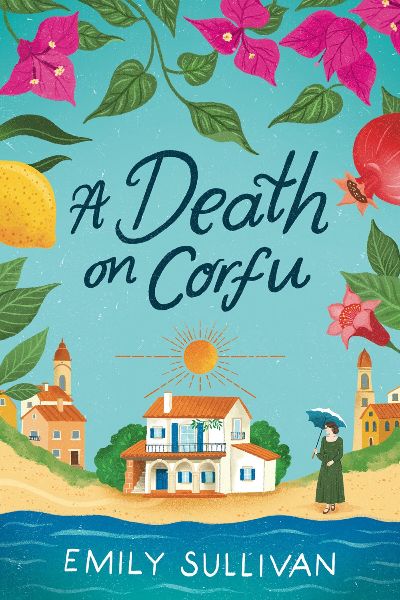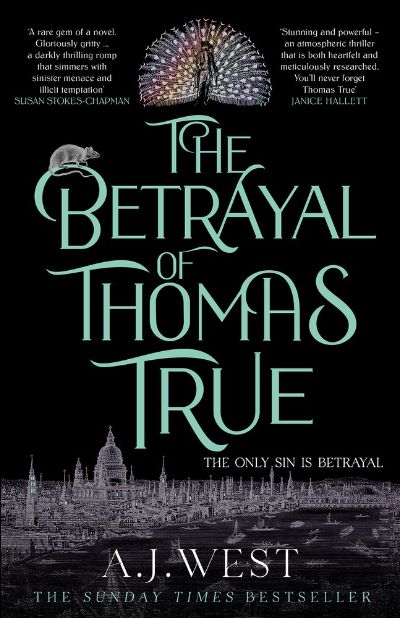The island of Corfu at the turn of the 20th century, with its native Greek population, large British expat community, and tensions therein, provides an excellent background for crime fiction. When her husband died unexpectedly several years ago, Minnie Harper was left with two children to raise on a modest income, with a deathbed promise to her husband that the family would remain in Corfu. Well-educated Minnie isn’t in the position to turn down a side gig, so when she is asked by her neighbor Stephen Dorian—a well-known, and handsome, mystery author—to type the manuscript of his latest book, she can only say yes. Despite her loathing of the man. But just as the two seem to settle into a disagreeable routine, Minnie discovers that one of the island’s young Greek women, who works as a maid, has been murdered. And the British community is doing its very best to ignore the murder, if not actually suppress it, while the local Greeks, for different reasons, are keeping their lips sealed. But Minnie isn’t about to let justice go undone, and with the help of Stephen, she heads off where no British woman has gone before her. Fans of The Durrells in Corfu, a hugely popular Masterpiece Theater drama set in the ‘30s, will appreciate this prequel of sorts, as will fans of cozy historical mysteries by Rhys Bowen, Jacqueline Winspear, and Amanda Flower.
England
It is 1715, and young Thomas True has managed to escape from his parent’s home, arriving in London, where he takes up residence with his uncle, a candlemaker to whom he becomes apprenticed. But that’s hardly the story. Eighteenth-century London was home to a flourishing, if risky, gay subculture, a world that seduces Thomas and that was centered around the molly houses. “Molly was a slur used for effeminate, homosexual men and the term was adopted to describe the clubs, taverns…where they met up in secret”, according to The British Newspaper Archives. And although the houses were called mollies, they attracted a range of men, from workers to aristocrats. It was a world where Thomas felt a sense of belonging, made all the more immediate with his discovery of beefy carpenter Gabriel Griffin (AKA Lotty), the doorman at Mother Clap’s Molly House. But when a young molly is found murdered, Gabriel goes in search of the rat who is exposing the men to the judicial system. Could it be someone he is close to? This book is that rare thing: both a strong historical novel that drops you into a richly rendered early 18th century and a powerful mystery that remains at the center of the book.
London-based Anisa is a translator—she provides subtitles for Bollywood movies—but dreams of translating great works of literature. Her spare time is spent hanging out, talking politics, and complaining about her rather useless white boyfriend, Adam, himself a highly successful translator. In fact, on a trip with Anisa to visit her family in Karachi, Adam reveals that he’s also become fluent in Urdu, speaking it better than Anise. Anise goes into a tailspin. “This is shady as fuck.” There’s no way that Adam could become that fluent in years, never mind days. When she presses him for details, he lets her in on the Centre, where after thousands of dollars and ten days of study—living there, avoiding all contact with others, and listening only to your chosen language—you emerge completely fluent.
Skeptical but eager to give it a try, Anisa enters the Centre to learn German—and indeed, after several days of study she has a breakthrough. Along the way, she becomes close to Shiba, who manages the Centre and whose father was one of four men who, while Oxford students, developed this radical approach to language learning. But how radical is it? On a trip to New Delhi with Shiba, Anisa finally learns how the Centre works—and the discovery is shocking.This is a debut, but Siddiqi writes like a pro, slowly building the character of Anisa, so that when the big reveal is made, it’s all the more meaningful.



